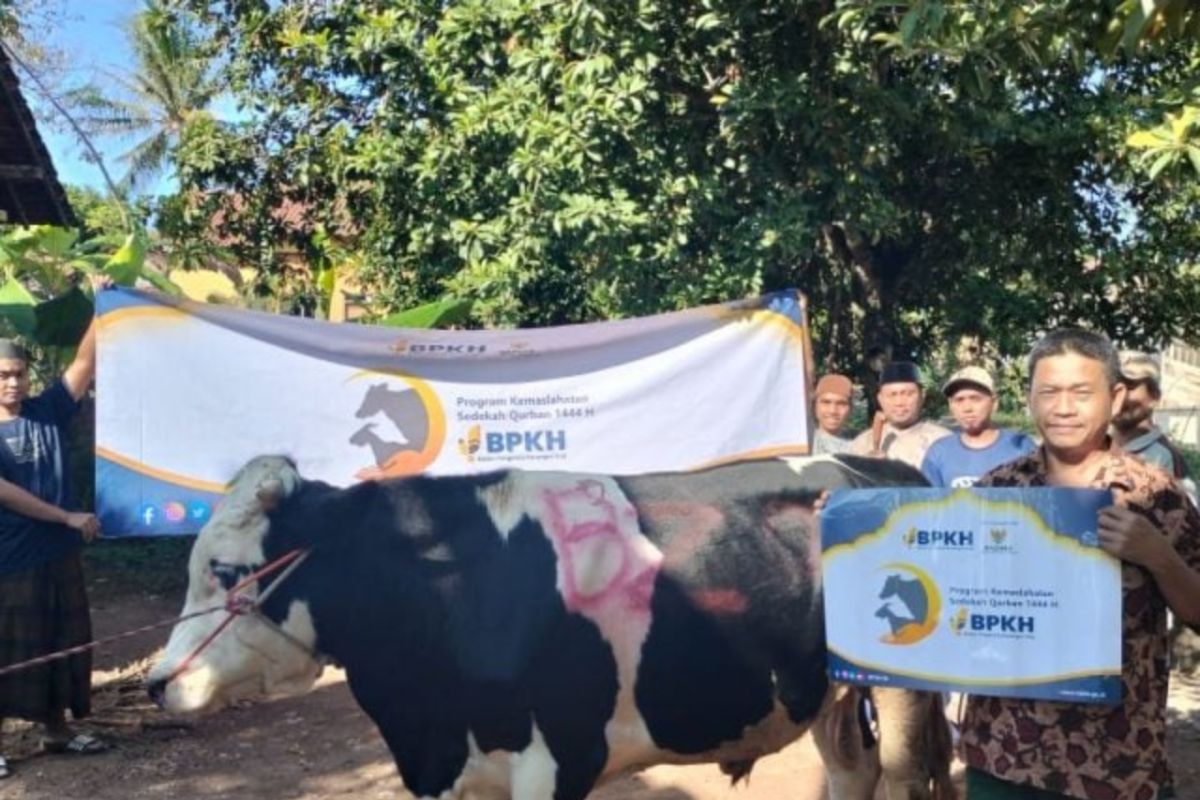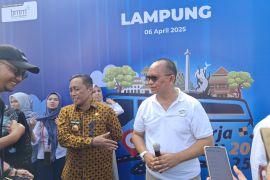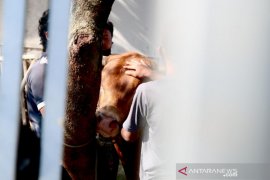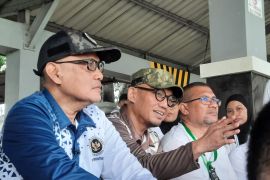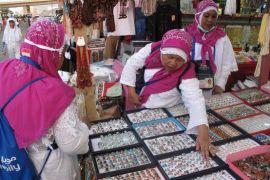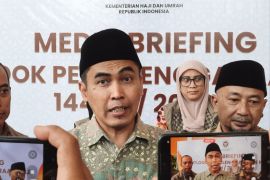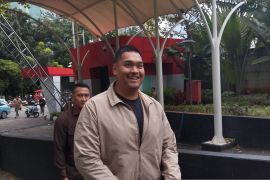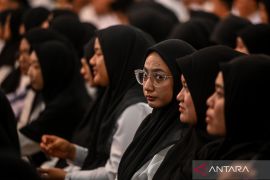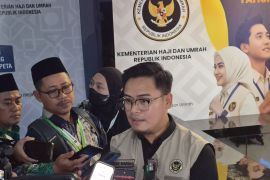"Through this program, we hope the blessings of the qurban (animal sacrifice) ritual can be felt directly and inclusively by communities in all parts of the nation," BPKH member Sulistyowati said here on Saturday.
She highlighted that the nationwide distribution of sacrificial animals this year marks the fifth year of the program, which was launched in 2020. It reflects the BPKH's commitment to ensuring the real benefits of Hajj fund management, she added.
According to Sulistyowati, Eid al-Adha is not merely a celebration involving animal sacrifice, but a moment to reflect on the value of sincerity and the spirit of sharing with others.
This year, the BPKH distributed around 200 cows and 320 goats or sheep to provinces across Indonesia, including the frontier, outermost, and underdeveloped (3T) regions.
Their distribution was carried out in collaboration with eight BPKH partners to ensure the transparency and uniformity of the process.
The Qurban Charity program prioritizes community economic empowerment, starting from livestock procurement to processing the meat into ready-to-eat products.
"This approach is aimed at extending the benefits of the qurban to a wider population while improving the (meat) shelf life," Sulistyowati explained.
The program is funded through the returns from the endowment fund Dana Abadi Umat and not from deposits from prospective Hajj pilgrims.
The funding is based on Law Number 34 of 2014, which stipulates that the entire value of the financial benefits must be returned to the public in the form of community welfare programs.
Related news: No notification from S Arabia on Hajj pilgrims' detention: RI Govt
Related news: BP Haji praises Saudi Arabia's improved Hajj management
Translator: Asep, Kenzu
Editor: Aditya Eko Sigit Wicaksono
Copyright © ANTARA 2025
